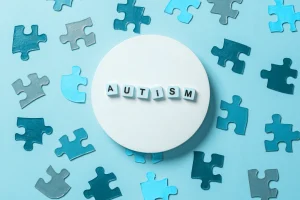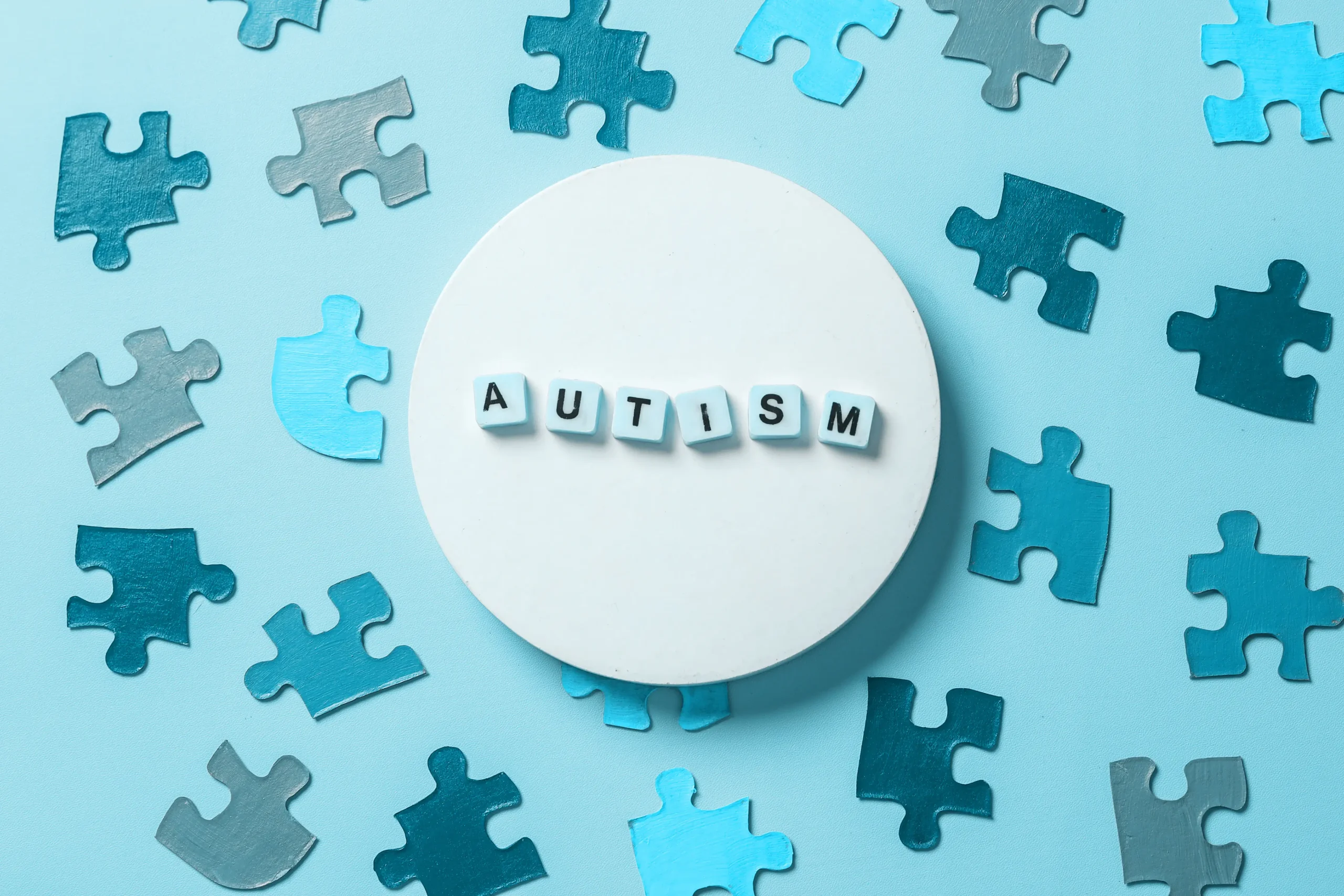What is Hearing Loss?
Hearing loss is an umbrella term that refers to an individual’s difficulty to detect sounds, as well as speech. A hearing loss may vary with regard to degree, and this is often based on the cause of the loss.
Symptoms of hearing loss may include, but are not limited to:
- Muffling of speech and other sounds
- Difficulty understanding words, especially against background noise or in a crowd
- A high pitched ringing, or buzzing sound in the ears
- Making use of visual cues, such as eye contact and lip reading when listening to a speaker and experiencing difficulties in situations where this cannot be accessed. (i.e., talking over the phone or having to wear a mask)
- Turning up the volume on the TV or radio to a level higher than what is comfortable for most people to listen to
Hearing loss can occur across the lifespan, from newborn or preterm infants to members of the geriatric community.
So, let’s begin by exploring how you hear
Your ear consists of three major parts: the outer ear, middle ear and inner ear. Sound waves pass through the outer ear and cause vibrations at the eardrum. The eardrum and three small bones of the middle ear amplify the vibrations as they go to the inner ear. There, the vibrations pass through fluid in a snail-shaped structure in the inner ear, called the cochlea. Thousands of small hairs are attached to the nerve cells in the cochlea. These hairs assist to translate sound vibrations into electrical signals that are transmitted to your brain. Your brain turns these signals into sound. Any interruption to any one of these parts may result in decreased hearing ability.
Types of hearing loss:
-
- Conductive
Conductive hearing loss results when there is a problem in the transmission of sound from the outer or middle ear to the cochlea in the inner ear. Common reasons for conductive hearing loss include blockage in the ear canal, this may be as a result of a wax build up or infection, a hole in the ear drum, or problems with the three small bones in the ear. Fortunately, most cases of conductive hearing loss can be improved with medical management and input from an audiologist and ear nose and throat specialist or ENT doctor.
-
- Sensorineural
Sensorineural hearing loss is a common form of hearing loss that results from damage to the structures of the inner ear and cochlea. Causes of this type of loss can include viral infections affecting the auditory nerve and cochlea, exposure to loud noises, the ingestion of certain medications, genetic factors as well as the natural aging process.
-
- Mixed
A mixed hearing loss refers to a combination of a conductive and sensorineural hearing loss. Usually, the conductive component will need to be treated first, through medical management, before the sensorineural component can be assessed and managed.
- Retrocochlear
Retrocochlear hearing loss is hearing loss which occurs when there is a problem beyond the cochlea. This happens when the auditory nerve is damaged. This may be due to infection, trauma, neurologic or genetic factors. While sound may be processed correctly by your inner ear, with Retrocochlear hearing loss, the auditory nerve has difficulty transmitting the sound you hear to your brain. Further assessment is necessary by a specialist team with regard to this type of loss.
Hearing loss management:
Management of hearing will depend on the cause and extent of the loss. Your audiologist will complete a thorough evaluation of your hearing and advise you on treatment and management options to meet your listening, speaking and environmental needs. Once the evaluation is complete, and a hearing loss is diagnosed, we will make a recommendation and assist with the fitting of a hearing assistive device to meet your listening, speaking and environmental needs.
When to visit your audiologist
- If you suspect you have a hearing loss, and it’s affecting your quality of life
- If you experience pain/ discharge coming out of the ears
- If you often need to ask for repetition or for others to speak louder
- If you notice any sudden changes to your hearing
- If you experience dizziness and nausea in addition to hearing loss
- If you hear a ringing or buzzing sound in the ears
Hearing loss in children
Hearing loss can affect a child’s ability to develop speech, language, and social skills. The earlier children with hearing loss start getting services, the more likely they are to reach their full potential. If you think that a child might have a hearing loss, contact your audiologist for a hearing screening as soon as possible.
The lenmed Group is a world-class chain of Private Hospitals that brings quality healthcare to communities across Southern Africa.
For more information please contact:
Kirstie Hughes, Speech Therapist and Audiologist
BA Hons, Wits
Lenmed Zamokuhle Private Hospital
Tel: +27 (0) 11 923 7802
Email: [email protected] or [email protected]
Disclaimer: Any information contained here is merely a guideline. Always visit your healthcare practitioner for any health-related advice or diagnosis.














